“..all conflicts are finally evitable. Only the Machines, from now on, are inevitable”
Most science fiction fans know Isaac Asimov’s Three Laws of Robotics:
- Robots must not hurt human beings or allow them to come to harm.
- Robots must obey human beings so far as it doesn’t violate Law 1.
- Robots must not harm themselves as long as this doesn’t violate Laws 1 and 2.
In I, Robot,
Read More

 (1920-1992)
(1920-1992)

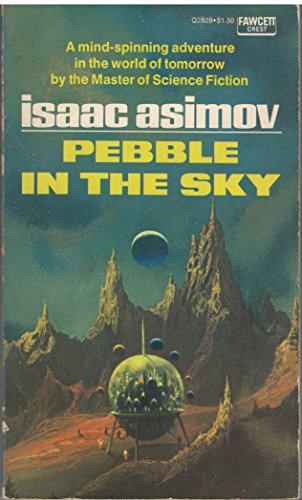

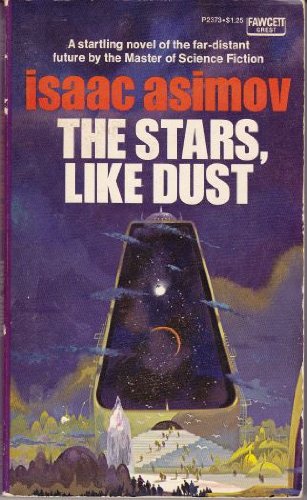


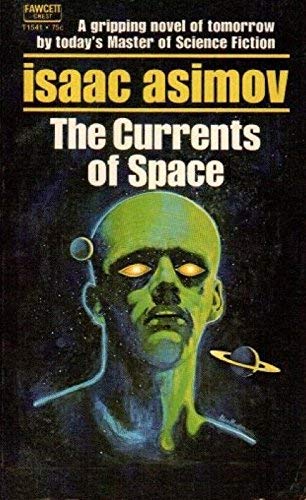







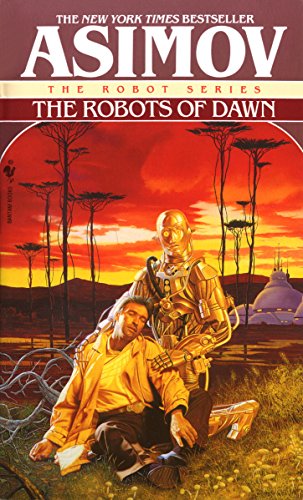









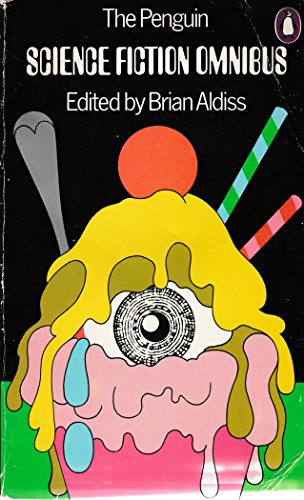

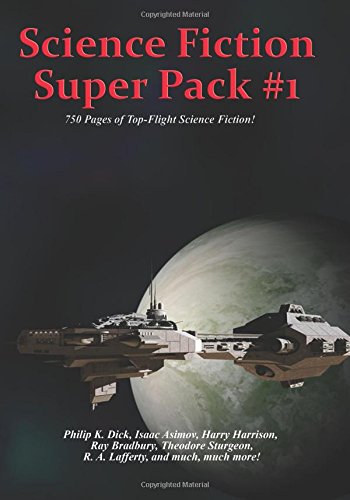

As someone who's waited for this book longer than most people seeing this have been alive, it was good reading…
What a strange review! I found this because it's linked on the Wikipedia article for Dragon Wing. Someone who claims…
[…] Ursula K. Le Guin’s The Left Hand of Darkness is a groundbreaking novel that explores themes of gender and…
[…] (Fantasy Literature): A Night in the Lonesome October (1993) is narrated by the aptly-named Snuff, a dog who is…
I re-read 'The King of Ys' abpout every ten years. The prose is luminous, and the story absorbing. I commend…